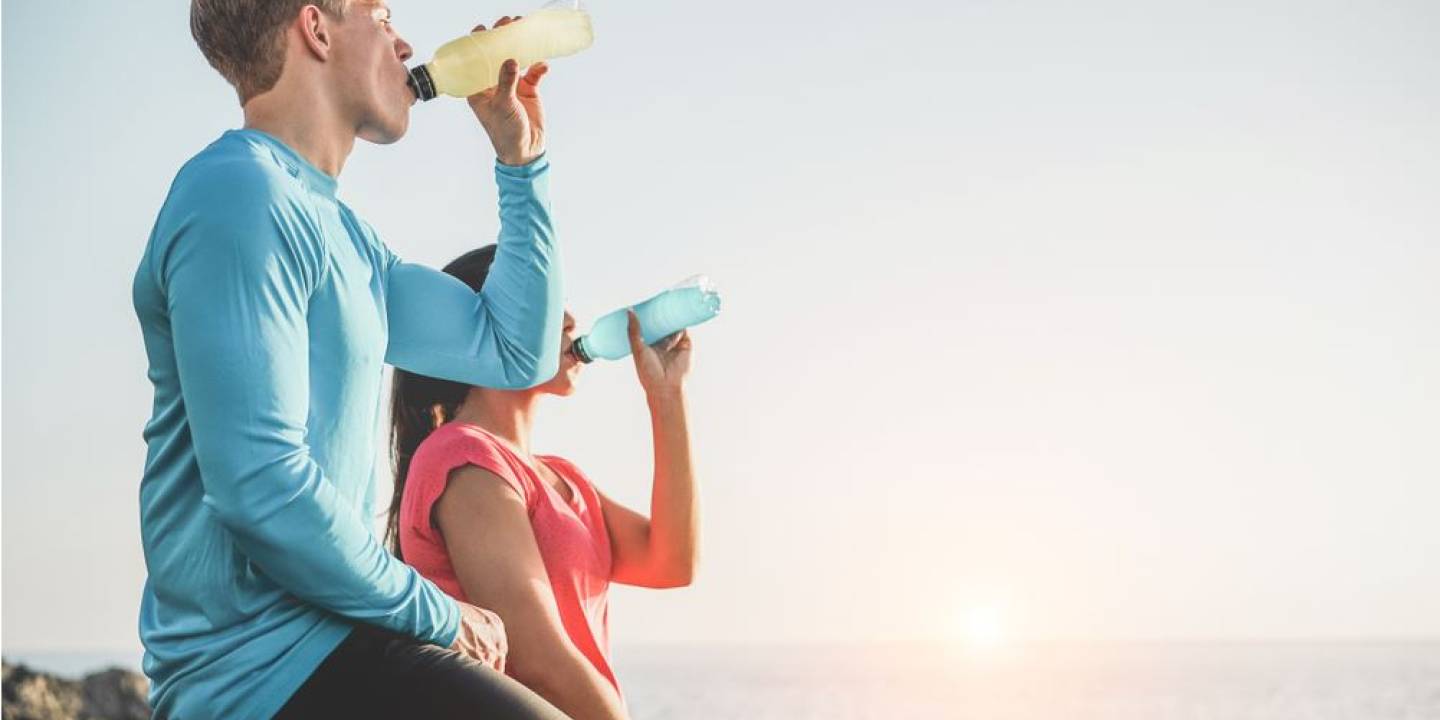While the world’s first ever energy drink was only launched in 1962 by Taisho pharmaceuticals in Japan, functional beverages as a whole have existed for centuries. Indeed, well before the caffeine-fuelled carbonated soft drinks, tea and coffee have long been enjoyed for their energy-boosting properties and, in the case of tea, for its antioxidants.
However, increasing awareness around health and nutrition, enabled by government policy and marketing initiatives, have made today’s consumer far more savvy about diet and its impact on their bodies. The desire for functional beverages that support better health now includes a prerequisite for natural, non-artificial and low-sugar ingredients. What’s more, the dawn of COVID-19 has sharpened the focus from general health and wellbeing to more specifically immune-boosting qualities. In fact, according to a recent study by Mintel, one in three of us now wants to do more to improve our immune systems.
While there is a vast range of health supplements on the market, it is widely recognised that the body absorbs vitamins and essential nutrients better through a dietary source. As such, consumers continue to add functional beverages that contain natural, healthy ingredients to the shopping list. The functional beverage market includes energy drinks, fortified juices, sports drinks, dairy and dairy alternative drinks. And, from 2019-2024, the global functional beverage market is predicted to grow at a CAGR of 8.66%. Consumers are looking to make accessible improvements to their diet throughout their day in order to improve their overall health; with particular focus on their immune system.
This has been evidenced through high growth in retail sales of orange juice in the US as the Coronavirus pandemic developed across the country. By the end of March last year, sales grew by over 70% compared with the previous year. While this peak has since declined, volumes are still 20% up on 2019.
Treatt’s team of experts develop flavour ingredients and extracts from fruits, vegetables and botanicals that are naturally associated with immune-boosting qualities. Perhaps most prominent as health and wellness ambassadors are the Citrus products in our range. Typically known for their vitamin C content, Citrus fruits are also a good source of B vitamins; both of which are recognised for aiding immune function and lowering the risk, duration and severity of upper respiratory tract infections. However, vitamin C can also be found in less obvious places like elderflower and watermelon, which offer more subtle, sophisticated flavour profiles.
Zinc is also a significant nutrient within the immune-boosting context. Necessary for immune cell development and communication, Zinc plays an important role in inflammatory response and can help reduce the duration of infections. Among other foods, Ginger is an ideal source for this essential nutrient and one that injects a warm, lively taste to a beverage.
The implied ‘health halo’ of these ingredients makes them very much in demand for those looking to formulate beverages designed to appeal to the wellbeing-savvy consumer.
To find out how we can work with you on any of the latest trends, please email
enquiries@treatt.com or visit www.treatt.com to find out more about Treatt’s work.
